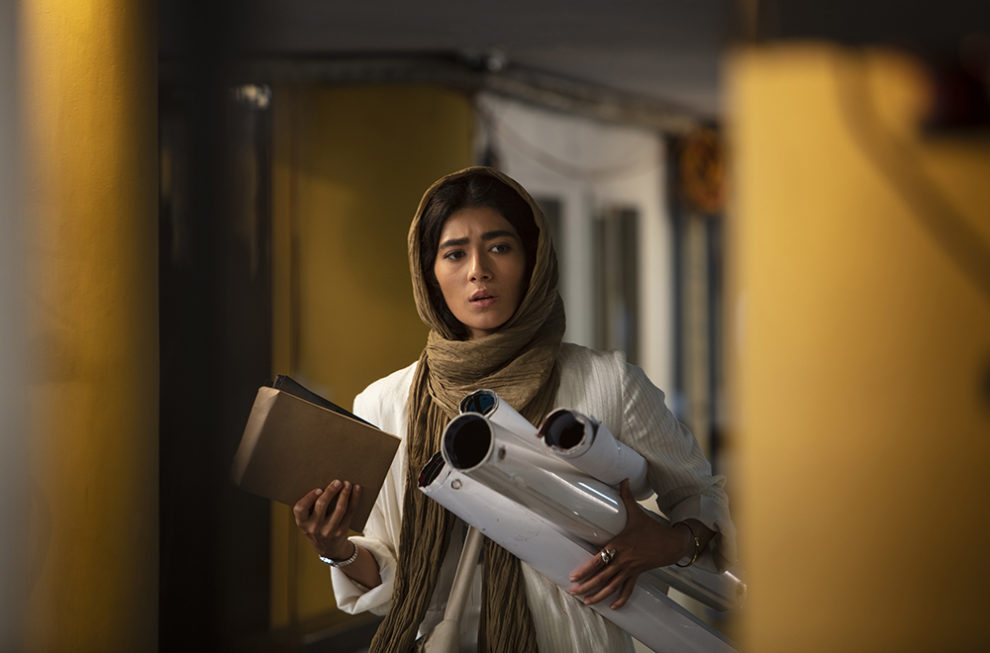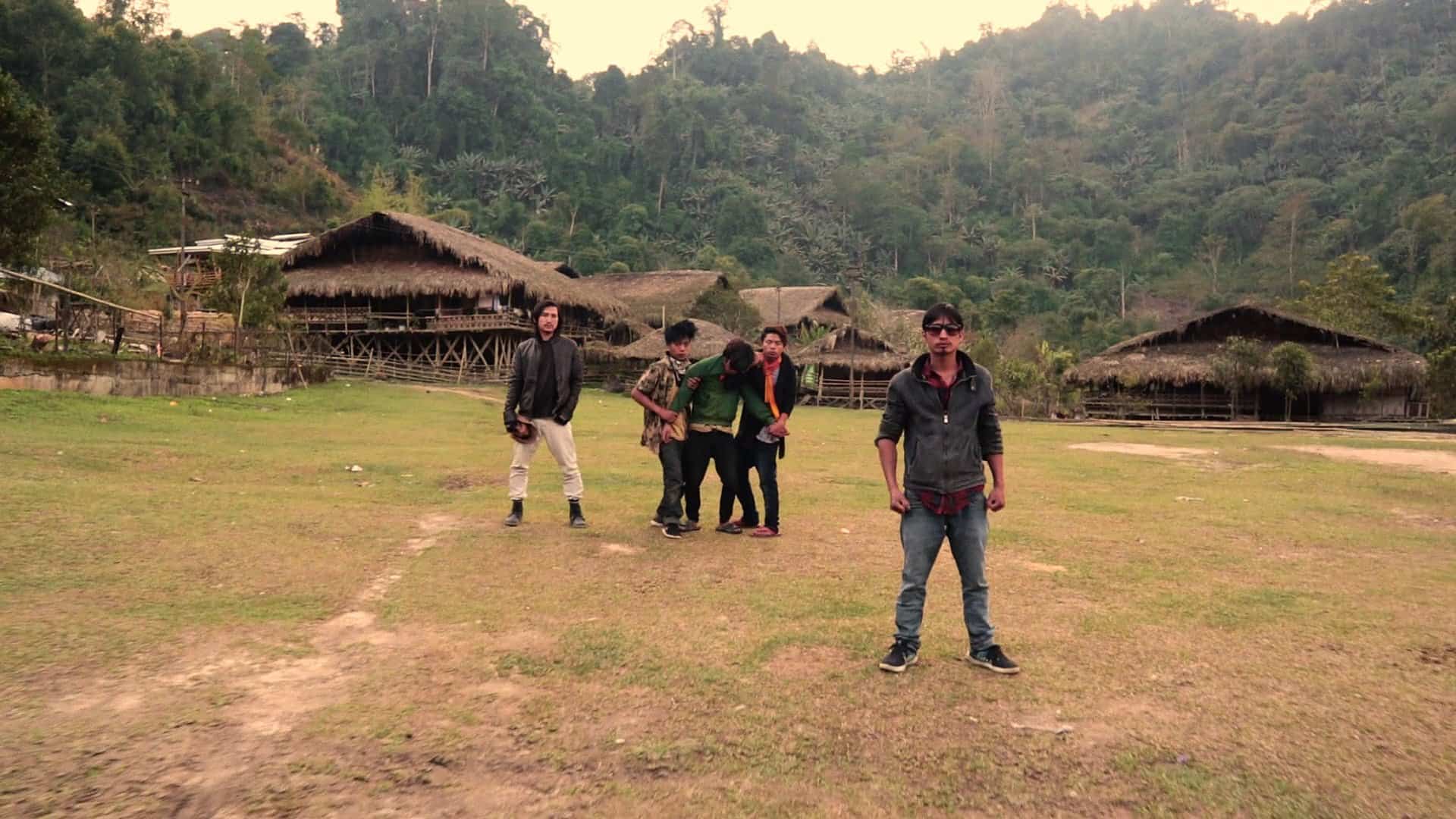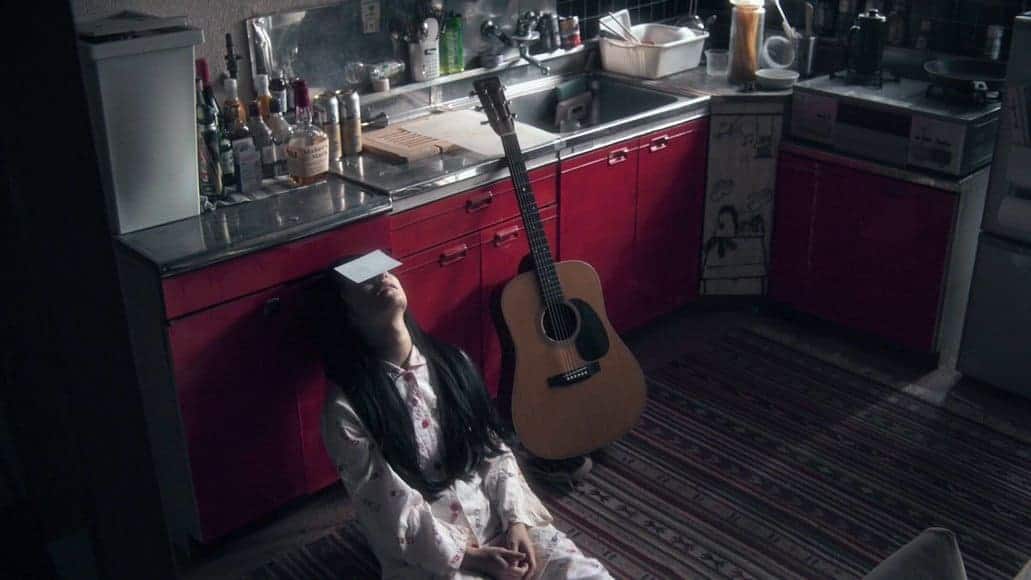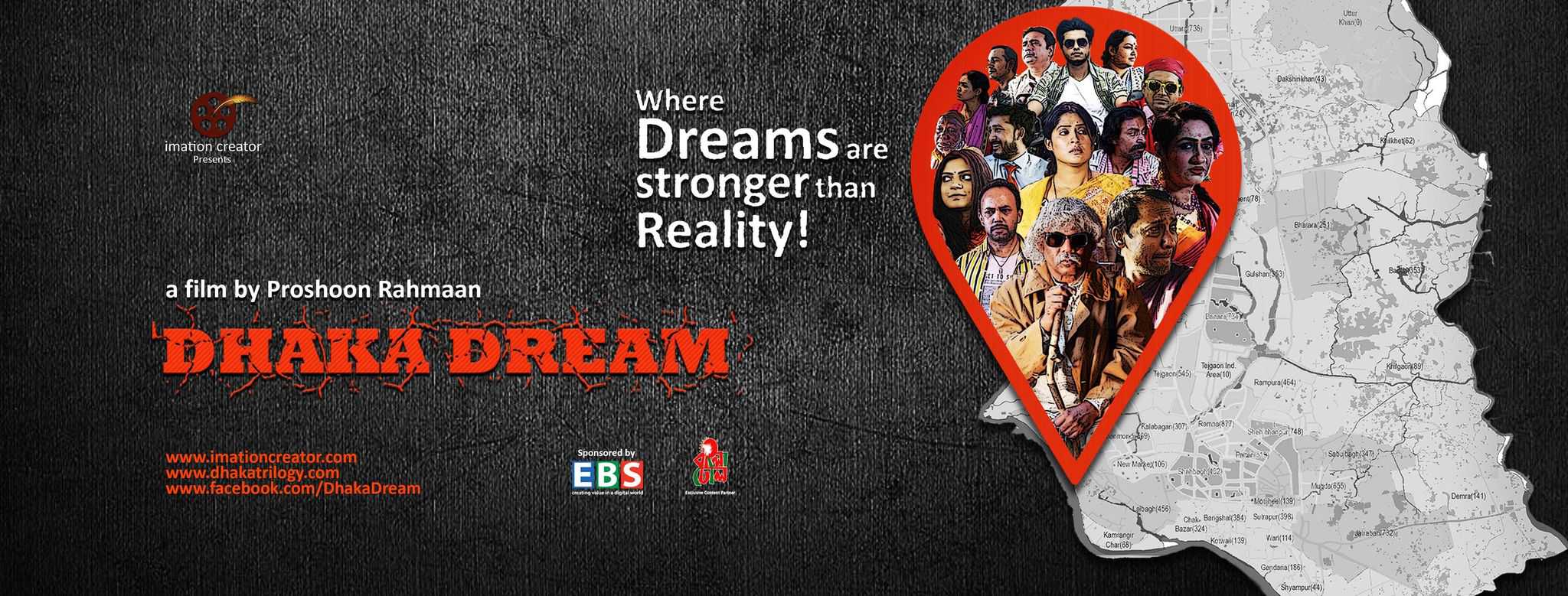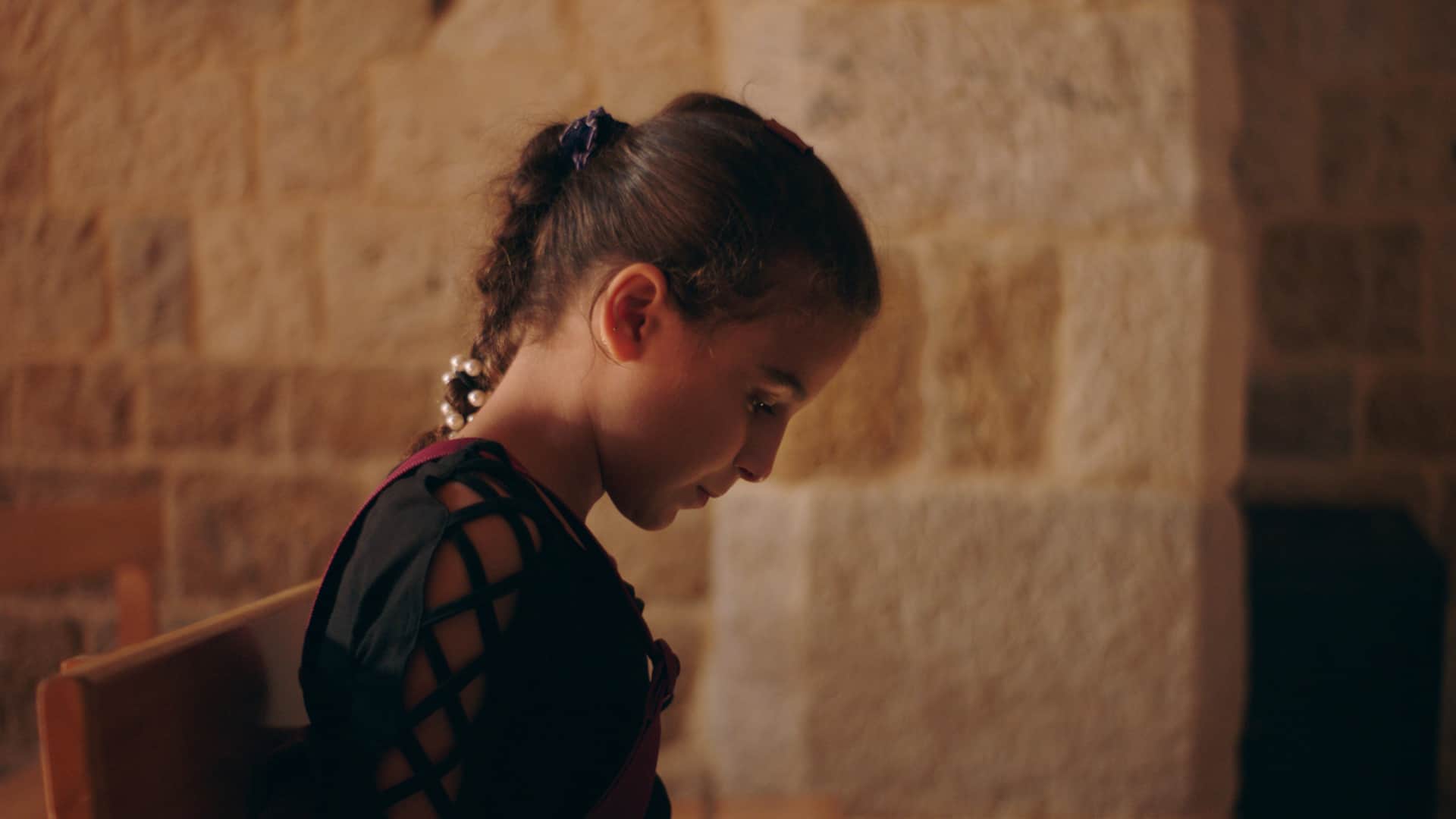Movies about historical events or personalities have always been the perfect candidates for prestigious awards along with actors showing their set of skills giving a performance as a person we probably only know from history books. However, a majority of these productions, despite being awarded, are often content with the retelling of a person's biography or the steps which led to event, without presenting a view or new idea of the event's broader context or what it means to a contemporary viewer. “Careless Crime”, the new feature by Iranian director Shahram Mokri, which is part of this year's Orizzonti competition during the Venice Film Festival, is based on the 1978 attack on the Cinema Rex in the city of Abadan which caused the death of 473 people trapped in the burning cinema. However, instead of recounting the chronology of the event, Mokri aims to show the relationship between cinema and (his-) story by directing a feature which presents the event in a much broader context, as he explains in his rather short statement to “Careless Crime”.
“Careless Crime” is screening at Venice Film Festival
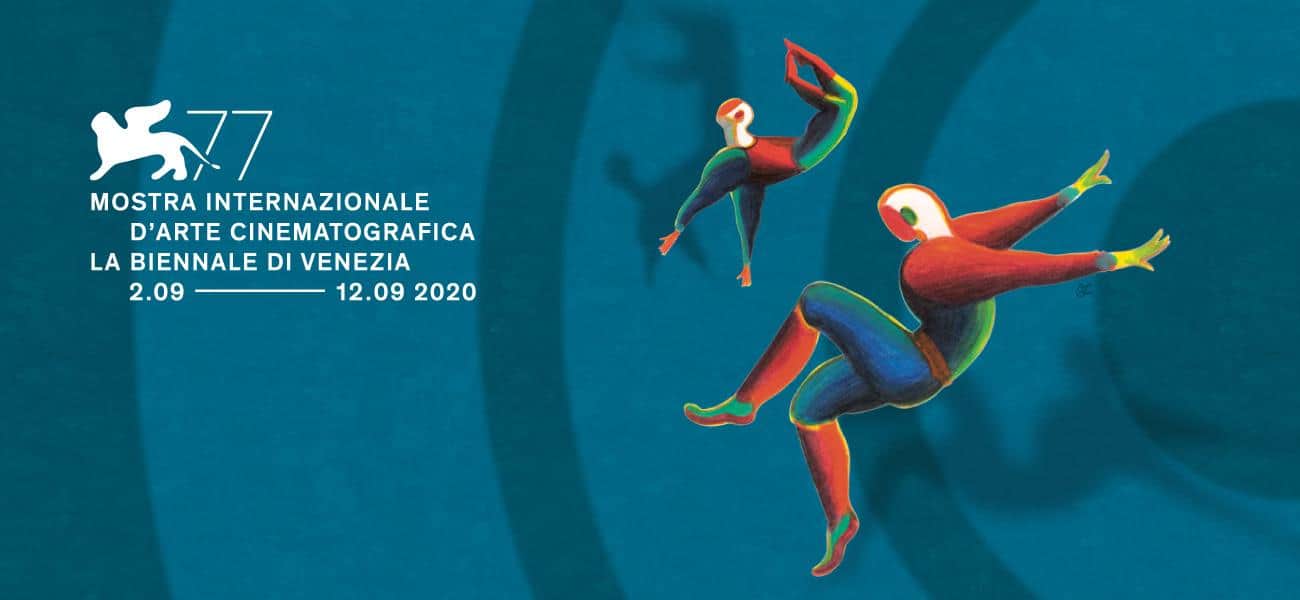
Over 40 years ago, a group of Anti-Shah protesters set fire to Cinema Rex, a movie theater which was packed with people, to set a sign against the growing Western influence in the Middle East. Due to a series of careless mistakes of the employees of the cinema, many exits could not be opened and the other ones were blocked, leading to many deaths. In 2020, a group of men decides to recreate the event at a cinema which shows a popular movie to an already crowded theater. While the staff is busy making last-minute preparations, selling tickets and setting up the equipment, others, such as Elham (Razieh Mansouri), just want to make deliveries, in her case a pack of movie posters, and then attend the screening. Meanwhile, the four men have entered the theater, among them Faraj (Mohammad Sareban), a pill addict, who unsuccessfully tries to get clean and thus has trouble integrating within the group.
Parallel to these events we also see fragments of the movie “Careless Crime”, the movie the audience of the cinema is watching, which deals with a group of soldiers stranded in the desolate Iranian countryside since their jeep broke down. After finding a missile from a past conflict that mysteriously did not blow up, they try to reach headquarters to send a mechanic, but with no success. Following the offer of a delivery man whose task is to bring a generator to a group of young people wanting to screen a movie for travelers, the soldiers decide to attend the screening, leading to more confusion and an adventure for the three of them.
As mentioned before, “Careless Crime” is not a retelling of a historic event, but rather a meditation on the power of cinematic storytelling and how you have to deal with such a tragedy, its broader context and how it reflects modern-day Iran. The script, which was written by Mokri and co-author Nasim Ahamdpour, follows a non-linear approach, a risky, but eventually quite interesting narrative concept which follows various incidents, characters and groups as well as what is essentially a movie within a movie with the story revolving around the three soldiers.
A great amount of these episodes deal with rather banal incidents, people running into each other and petty arguments about various subjects, such as Elham discussing her mother's idea of dating and her view on relationships. Mokri and Ahamdpour even include an exposition when the cinema owner argues with two of his employees about the cinema's seating, encouraging them to make more room for more seats, a decision his employee strongly opposes for safety reasons. When combining these aspects of the feature, you might have the image of a disconnected society, of people making careless and self-centered decisions about the lives of others. Right from the start, there is a feeling of tension in “Careless Crime”, a hint that the accumulation of these instances of careless behavior will result in catastrophe.
Even though the characters are unable to change their point of view, the audience, however, realizes the potential threat and the looming danger. The image of a missile left in the desert, a dangerous weapon which might still blow up but has been left unattended is perhaps a core metaphor for the kind of carelessness Mokri portrays.
In the end, “Careless Crime” is a challenging drama whose episodic, at times fragmented approach to storytelling results in a movie about people not looking out for each other and the catastrophes that could follow. This is definitely not an easy film to watch, but one which packs quite a punch and will leave its audience confused and irritated.


